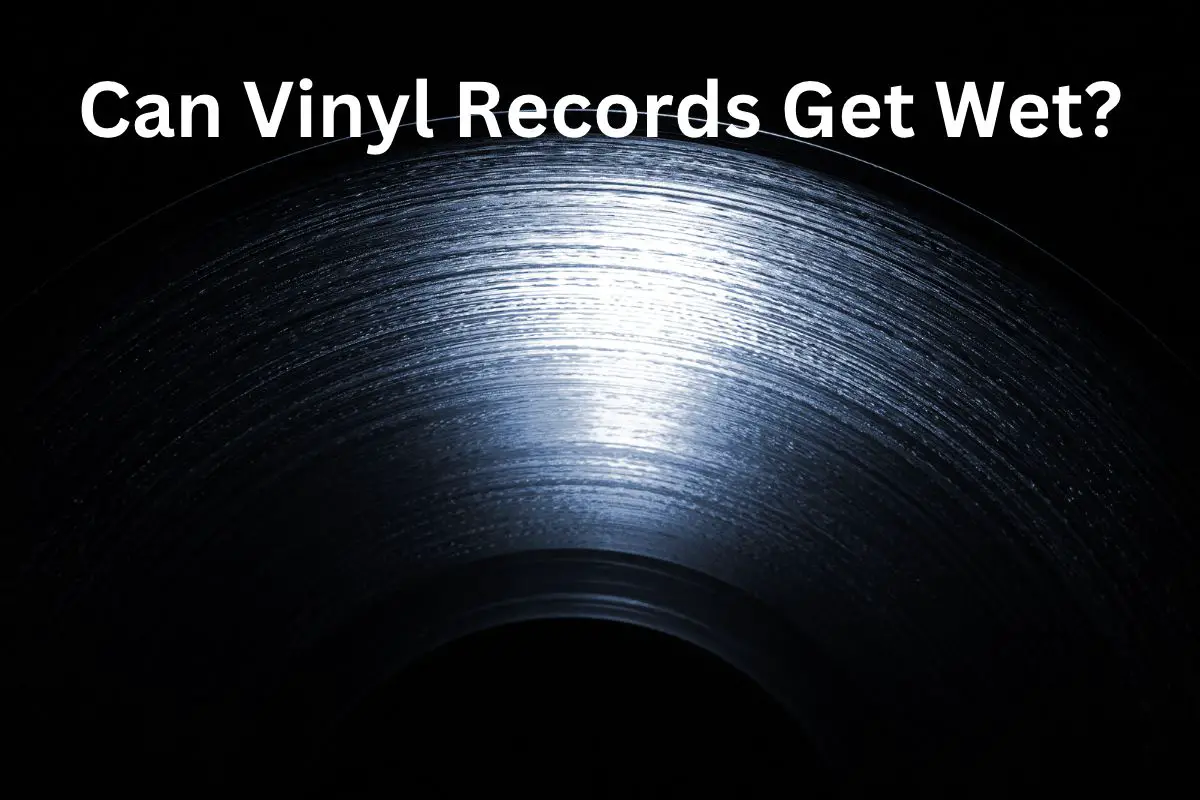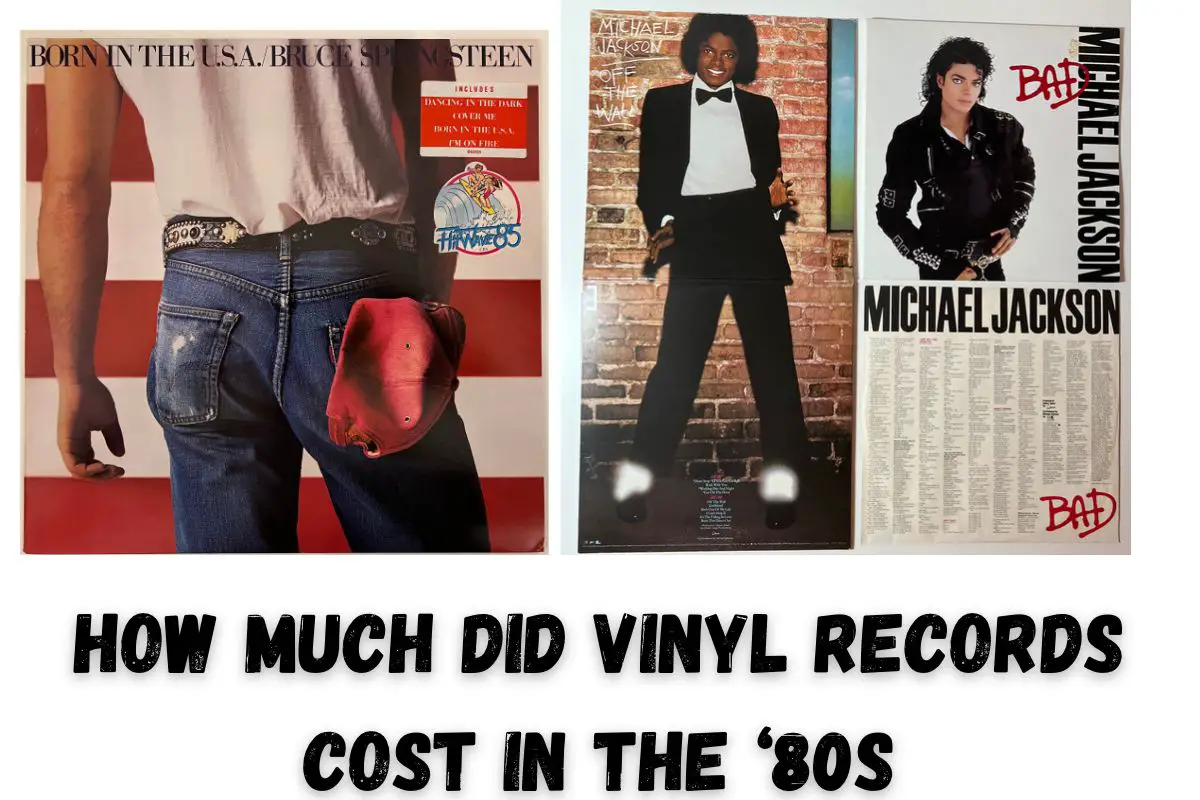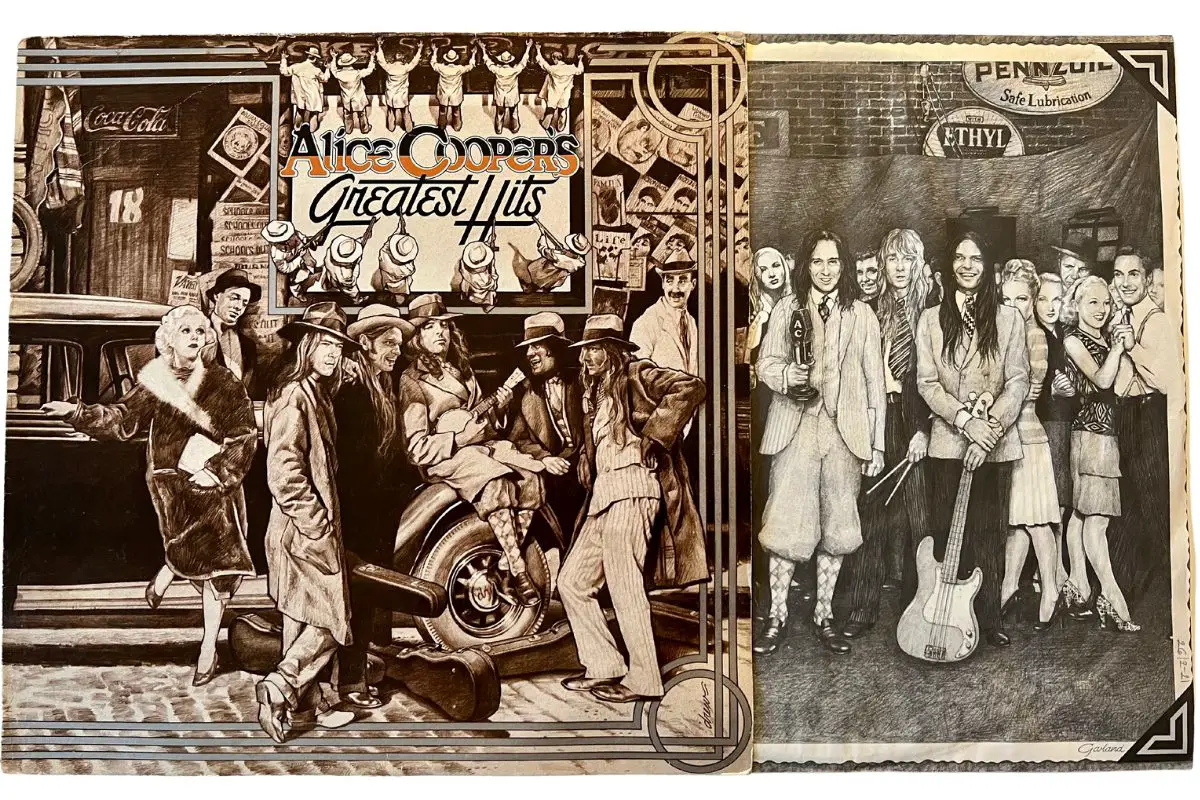This post contains affiliate links.
Everyone who has vinyl records touches them. And you’ve likely heard that it isn’t suitable (for the record). But what validity is there to that, and on the flip side, is it even safe for you (who cares about the record)? I was determined to find out, and you’ll be surprised at what I found!
It is not a good idea to touch vinyl records with your bare hands. The act is potentially bad for the record and also potentially bad for your health.
Wait, (record scratches to a stop), did that just read “bad for my health”? Yes, you read that right. So, let’s find out why touching vinyl records are wrong, shall we?
Table of Contents
Is It Bad To Touch A Vinyl Record? (For You, Or The Record?)
Touching vinyl records typically have zero effect on either your health or the record, assuming your hands are freshly cleaned. However, there is another consideration, and that is – is the record itself clean (read: safe) for your hands to touch?
We all know that your hands can get naturally oily, but I wasn’t so aware of what might be on or leaching out of the record itself. So, I decided some deep research was in order. Here’s what I found out, starting with the skin on your hands and what is likely to make contact with the record.
What’s On Your Hands
Let’s assume that your hands are clean. You had just washed them several minutes ago, and there has been not even the mention of sticky foods like donuts in your near past. So, you would assume your hands to be clean and safe to touch a record. Think again.
Your skin is covered in microscopic pores. These pores secrete sweat and oils. So, although your hands are clean, your pores are spewing out sweat and oil.
Sweat consists of water and a tiny amount (about 1.5%) of salt, amino acids, and proteins. (source)
The salts, amino acids, and proteins will not evaporate like the water in the sweat, so they stick around to leave a natural residue.
The tiny pores on the fingertips don’t secrete much oil. But your face and other parts of your body sure do. Your sebaceous glands secrete the oils in the skin.
A study in Australia on quantifying the hand-to-face contact rate found that the subject tested touched their faces on average 15.7 times per hour. That’s an average of once every 3 minutes 48 seconds. That means that if you were awake for an entire 24-hour period, you’d touch for face on average 379 times. That’s a lot of oil transferring from your face to your fingertips.
What Type Of Vinyl Makes Vinyl Records – What’s In That Stuff?
Records are made from varying formulations of polyvinyl chloride, or PVC for short. PVC is resistant to grease, oil, and chemicals, so its applications range from water lines to chemical carrying pails. The plastic is stable and not prone to de-polymerization. (source)
PVC can be made with a variety of nasty chemicals that pose significant risks to the environment and you. The manufacture of records can produce:
- Dioxin – an organic pollutant that bio-accumulates in the food chain and is very bad for your health and the environment
- Chloro-ethene monomer – a somewhat carcinogenic compound released during manufacture. This cancer-causing chemical can also slowly release during the lifetime of the plastic, making it potentially dangerous to humans exposed to the chemical.
- Plasticizers and Group Phthalates – chemicals used to soften the plastic or add flexibility can slowly leach from the PVC. These chemicals are typically toxic to humans.
As you can see, PVC is not the wonder plastic many think it is. There are significant issues with the manufacture and also the final product. And because you aren’t eating off your vinyl records, lax laws stipulate very little about the quality of the plastic.
It’s one of those grey situations. Although it is understood people are going to touch their vinyl records, there are no existing laws that state the vinyl has to be of a specific type or quality. I was unable to find any laws addressing vinyl records at all in terms of their composition.
Most of the laws present in the United States concerning PVC are concerned with the manufacturing process and the pollutants the process creates. Vinyl chloride, for example, is a nasty pollutant used to make PVC and is a rather bad air pollutant. (source)
So, Is Touching A Record Bad, Or What?
At the end of my research, I concluded that the amount of chemical exposure might be pretty negligible from vinyl records touching your hands. There is likely a greater risk to the record than there is to you. Still, it’s pure speculation because I could not find any study completed on the residue or leaching of chemicals from vinyl records. The only information was regarding the horrifically environmentally harmful manufacturing processes.
The oils your skin produces that wind up on your fingers do not harm the vinyl record chemically. PVC has the natural ability to withstand many oil and chemical exposure events. However, PVC is not able to withstand oil merely sticking to it. The oil can trap dust and dirt and act as a sort of glue to hold dust and dirt on the surface of your record.
The dust and dirt or other contaminants that stick to the oils both on your fingers and deposited (albeit sometimes microscopically) onto the record can cause the record to sound quality to suffer if they build upon the needle. Extreme cases may cause the record to skip if enough dust or debris builds upon the needle or collects in one place on the record causing the needle to jump a groove.
What’s The Best Solution?
A wise old DJ once showed me an interesting method. He wore gloves. He used those cheap white woven cotton gloves with the rubber dots glued onto the fingertips and palms for grip. The funny thing was that he was a pretty decent scratch DJ too.
I recall seeing a friend laugh at my gloved DJ friend. Still, I also recall seeing one of the most impressive record collections of classic vinyl in pristine condition that I think I’ve ever seen outside a specialty vinyl shop. In the end, looks aren’t everything and if you’re an audiophile who loves your record collection, then investing in a pair of cotton gloves to use only for handling your records is one way to keep your collection in pristine condition. It also removes the potential for touching chemical residue from the PVC manufacture or vinyl composition.
Keeping your vinyl clean is the ideal result for handling and storing your precious vinyl collection. If you choose not to use cloth gloves for handling (it may seem excessive), ensure your hands are clean. Don’t handle records after snacking on cheesy flavored chips or other such things that leave sticky food residue on your hands.
Remember that the grooves on a record are as tiny as a human hair is wide. That’s a narrow groove that the tiniest of dust or sticky dirt hand grime can find its way into, causing record playback problems. You may not see oil on your fingers, but I guarantee you it’s there just waiting to stick to your record.
The last piece of advice I’ll relay from my experience is that if you are going to handle your vinyl records with bare hands, only touch the extreme outer edges or the inner label of the record. Never touch the record anywhere else. Use the record sleeve to handle the record as much as possible to avoid touching it with your hands. And if the records are ancient, then it’s not a bad idea to wash your hands after touching the record either, to avoid old and poor quality PVC leaching chemical residue onto your skin. Not that it’s overly likely to be enough to harm you, but why take that chance in the first place.
VacationVinyl.com is a participant in the Amazon Services LLC Associates Program, an affiliate advertising program designed to provide a means for sites to earn advertising fees by advertising and linking to Amazon.com. We also participate in other affiliate programs which compensate us for referring traffic.




